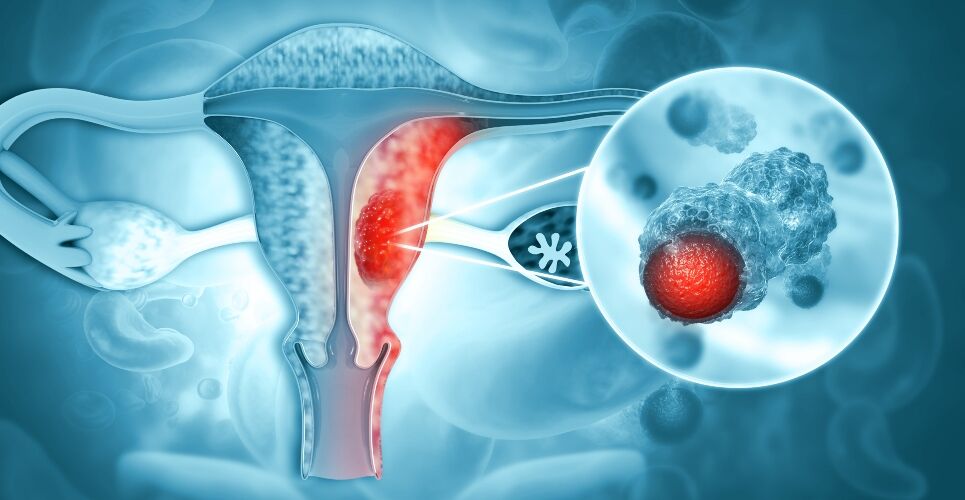The monoclonal antibody dostarlimab (brand name Jemperli) has been recommended by the National Institute for Health and Care Excellence (NICE) for use in combination with platinum-based chemotherapy for eligible patients with endometrial cancer.
The final draft guidance recommends dostarlimab for the treatment of primary advanced or recurrent endometrial cancer with high microsatellite instability (MSI-H) or mismatch repair deficiency (dMMR) in adults who are candidates for systemic therapy.
Dostarlimab is already approved by NICE for previously treated advanced or recurrent endometrial cancer with MSI-H or dMMR. This new approval moves dostarlimab to an earlier line of therapy, so the drug can be given in combination with chemotherapy instead of after disease progression following first-line treatment.
As MSI-H or dMMR endometrial cancer is more likely to respond to immunotherapy treatment than chemotherapy, offering this treatment earlier in the pathway will help to reduce the risk of reoccurrence, NICE said.
Clinical trials show that dostarlimab improves life expectancy and delays worsening of endometrial cancer in the short-term. Until research shows its long-term benefits, the treatment will be offered via managed access through the Cancer Drugs Fund (CDF) to NHS patients with recurrent or advanced endometrial cancer only. It is not recommended for routine use in the NHS.
Dostarlimab is delivered by intravenous infusion in hospital over 30 minutes and it is thought that it the decision by NICE will affect 540 patients in the UK.
The treatment was granted marketing authorisation in the EU in December 2023 for the same indication and was authorised by the Medicines and Healthcare products Regulatory Agency’s global partnership Project Orbis in October 2023.
Commenting on the decision, Helen Knight, director of medicines evaluation at NICE, said: ‘Advanced or recurrent womb cancer has a devastating effect on quality of life and there are limited treatment options available.
We are focused on delivering what matters most and getting care to those who need it fast, so I am delighted this treatment option will be made quickly available through the CDF, enabling people with this type of cancer to enjoy more precious time with their families and loved ones’.
NICE’s approval represents the fourth treatment option or indication for endometrial cancer available via NHS commissioning or through the CDF since the organisation’s inception in 1999.
Publication of the final guidance is expected on 3 April 2024.

